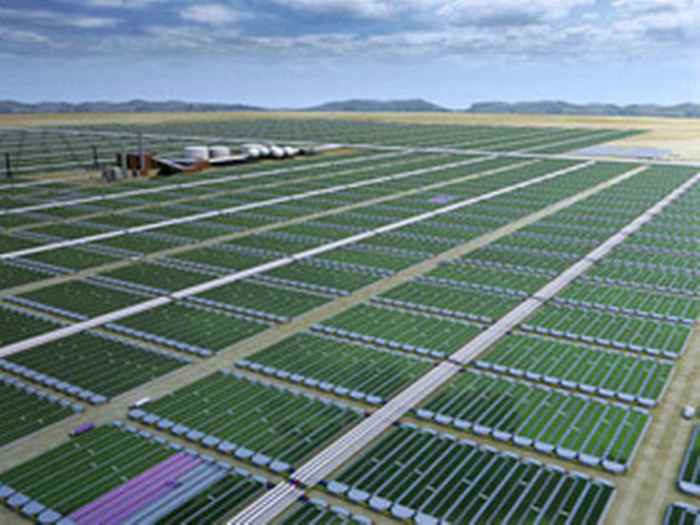Research Applications Molecular Microbial Physiology

Ongoing economic development during the past 100 years, based on a seemingly unlimited fossil fuel supply, in combination with an ever increasing world population, has now led to a situation in which it is clear that very urgently global problems have to be solved, in order to secure a sustainable future.
The notion that these problems exist initially surfaced in the field of contamination of our natural environment, as described in the book "Limits to growth" by the Club of Rome.
More recently, however, they have also become very apparent in the fields of the supply of energy and food to the human population. Significantly, the latter two problems are intimately related, as one can conclude e.g. from the fact that the relevant price levels rise in parallel.
It is our opinion that basic research in (micro)biology can significantly contribute to finding solutions for these problems.
In the Molecular Microbial Physiology Group we want to contribute to this, and we do that most explicitly in two projects:
(a) Photanol: For a sustainable energy supply, mankind will have to substitute the use of fossil fuels by a variety of alternative, sustainable, resources, like bio-, hydro-electric-, wind- and tidal-energy.
Among these, we are convinced that bio-energy, through natural photosynthesis, will have to make the most important contribution (until perhaps 'catalytic leaves' and/or fusion reactors can take over).
For this reason we have initiated a 'Photanol' project in which we aim to produce a variety of biofuels, with maximized efficiency, through bypassing the stage of biomass formation.
Via synthetic biology we hope to engineer microorganisms that will function as catalysts for the photochemical reaction:
CO2 + H2O --> biofuel (e.g. ethanol) + O2
(b) VitroMeat: To secure sufficient food supply to future generations, and to simultaneously decrease animal suffering and the wasteful use of drinking water and energy, a project has been initiated on the large-scale growth of animal (stem) cells in vitro ( website Vitromeat).
In this project we want to develop cheap growth media that can be used for the carbon- and energy-efficient, large-scale culturing of e.g. muscle-derived stem cells, to process these cells into a substitute meat product.